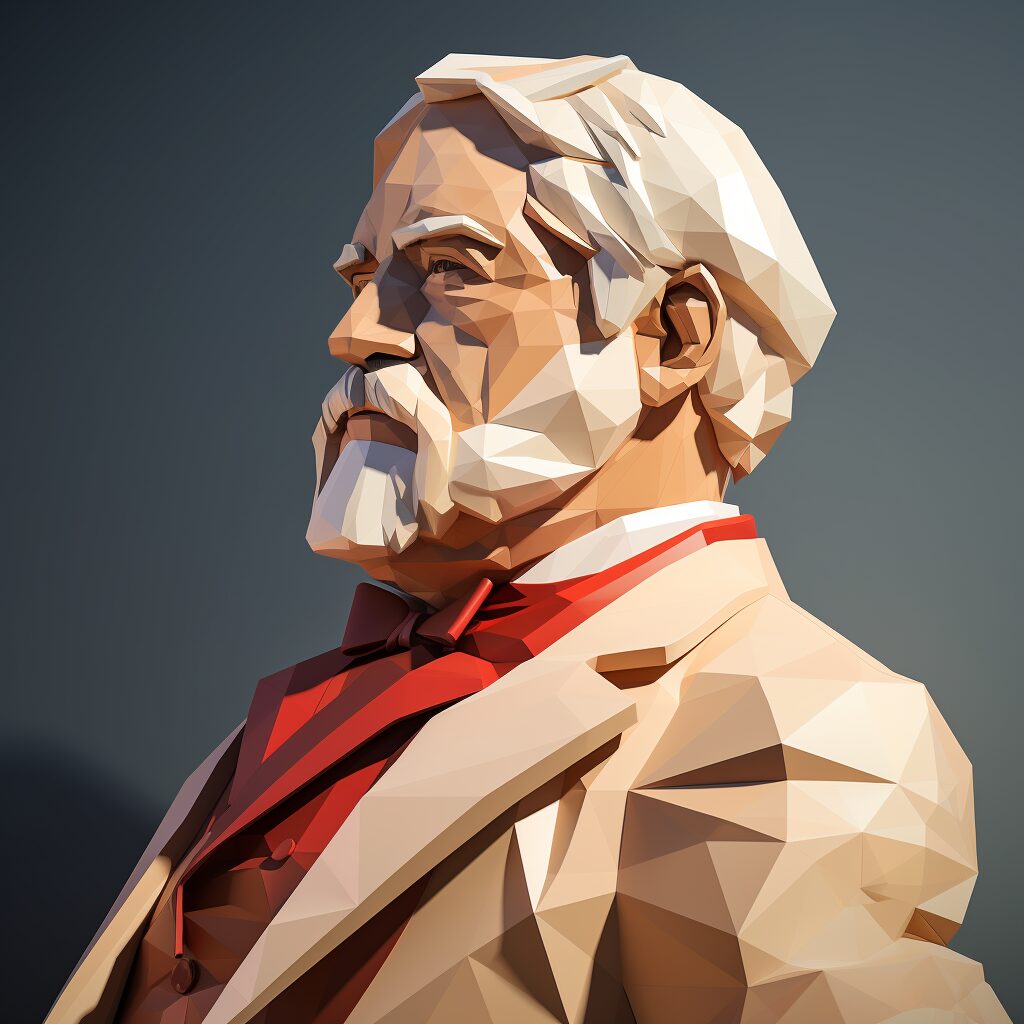This quote is a reflection on the paradoxical nature of hope. On one hand, it’s described as “deceitful,” suggesting that it often promises more than it can deliver. Hope can make us believe in possibilities that may never come to fruition, thus misleading us. However, despite its potential for disappointment, hope is also depicted as a positive, even necessary, force in our lives that ”carries us on pleasantly to the end of life.” This implies that hope, even when it deceives us, gives us something to look forward to, something to strive for, making our journey through life more bearable and even enjoyable.
Applying this idea to today’s world or personal development, we can say that hope is what keeps us moving forward, even in the face of adversity. In the context of personal development, having hope can motivate us to work towards our goals and aspirations, even if achieving them seems unlikely. It can inspire us to take risks and step out of our comfort zones, because we hope that doing so will lead to growth and success.
In a broader societal context, hope can be seen as a driving force behind social change. Even when the current state of affairs seems bleak, hope for a better future can inspire individuals and communities to take action and strive for improvement.
However, the quote also serves as a cautionary reminder not to let hope blind us to reality. While it’s important to have hope, we must also remain grounded and realistic, acknowledging the possibility that our hopes may not always be realized. This balance between hope and realism is crucial in both personal development and societal progress.
In conclusion, while hope can be misleading, it is also a powerful motivator and source of comfort. It’s a necessary element of the human experience, helping us navigate through life’s challenges and strive for a better future.





